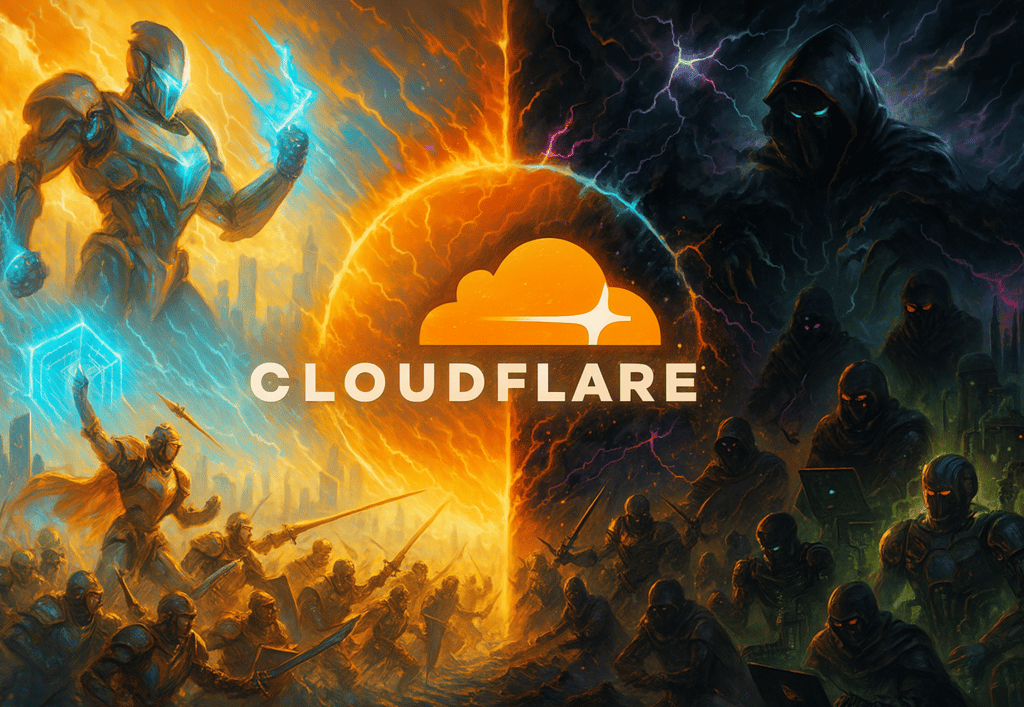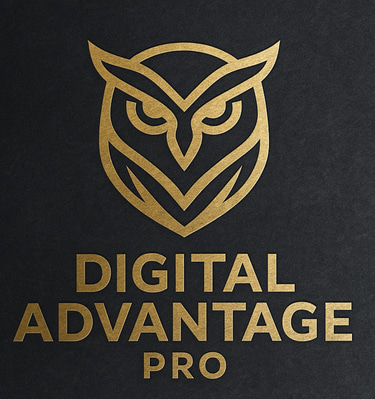Cloudflare blocks AI crawlers to protect web content
Cloudflare blocks AI web crawlers by default, demanding permission or payment, protecting content creators and publishers amid legal and economic tensions over web scraping and AI model training.
TECH INFRASTRUCTUREARTIFICIAL INTELLIGENCETECHNOLOGY
Eric Sanders
7/2/20253 min read


Cloudflare’s Bold Move to Block AI Web Crawlers
The internet as we know it is changing (well at least for a 1/5 of the total traffic occurring on the internet as it is today). Cloudflare, a backbone provider of web infrastructure for millions of websites, has made a decisive and striking move: AI-powered web crawlers are now blocked by default unless they secure explicit permission or pay for access. At first I thought okay I guess it makes sense. After dwelling on it a little longer I see it more than a small or minor policy tweak. As a massive provider of the web, it’s poses as a shift in control over web content and a gauntlet thrown at the feet of AI giants.
Cloudflare’s Policy Decision
Cloudflare protects roughly 25 million internet properties and serves as a kind of gatekeeper for so much of the web’s traffic. Historically the web crawlers have roamed relatively freely, indexing content for search engines, aggregators, and increasingly, AI training datasets. With the rise of generative AI models, it has turbocharged demand for vast web data, often scraped without what I would consider clear consent or compensation to content creators.
Cloudflare’s new policy is trying to turn the tables in favor web and content creators. Instead of open access, AI crawlers must now negotiate for permission or pay fees. Kind of sends a sharp message to companies utilizing Ai scrappers: websites and their owners hold the rights to control who scrapes their content and under what terms. For content creators, publishers, and copyright holders, it’s acts as a shield against the wild west of unregulated AI data mining.
The Legal and Economic Battleground for Online Content
Legal disputes over unauthorized scraping have been growing of recent years. Courts and lawmakers worldwide are grappling with how intellectual property law applies to AI training data. Cloudflare’s new default blocking policy can be seen as a preemptive shield against liability and a nudge toward a more regulated ecosystem with better guardrails and guidelines. If access to web content for AI training requires payment or explicit permission, the cost structures for AI development will change. Some companies might accept the fees as part of doing business, but smaller or newer AI ventures could struggle. This could either consolidate power among existing giants or foster new negotiation dynamics between content owners and AI companies.
Key Takeaways:
- Content ownership regains prominence: Websites and creators have more control over who can extract their content.
- AI companies face new hurdles: Data acquisition becomes more costly and legally complex.
- Potential for a more ethical AI ecosystem: Encouraging transparency and fairness in training data sourcing.
- Shift in internet culture: Crawling and scraping, previously seen as ambivalent or benign activities will be subject to new norms and boundaries.
Protecting Digital Creativity
At its core belief, Cloudflare’s policy change is a stance about respecting the value behind web content. It challenges the assumption that online data is free and encourages a reevaluation of how digital creativity is compensated and protected.
For creators and publishers, this could be a moment to:
- Assert their rights through better access controls and clear terms of use.
- Explore direct licensing or partnerships with AI firms.
- Advocate for stronger legal frameworks supporting content ownership.
For AI developers, the lesson may become clear sooner than we think: the era of unrestricted data scraping may potentially be over or at the least more limited to the resources they're willing to spend for it. Sustainable, ethical AI requires building relationships, negotiating fair access, and recognizing the source of their training material.
“The internet is not a boundless ocean of free content anymore, it’s a territory with fences, gates, and toll booths,”
Cloudflare: Friend or Foe?
Cloudflare has potentially shifted the internet landscape in a way that ripples beyond just AI companies and web administrators. It challenges all of us to reconsider how openness, ownership, and innovation coexist in the digital age.
So here’s the question I'll leave you with: How will the internet strike a balance between protecting creators and fueling the AI innovations that so many of us rely on? And, perhaps more importantly, who gets to decide what that balance looks like?
Efficiency
Transform your workflows and reclaim your time.
Contact Us
Need A Custom Solutions? Lets connect!
eric.sanders@thedigiadvantagepro.com
772-228-1085
© 2025. All rights reserved.
